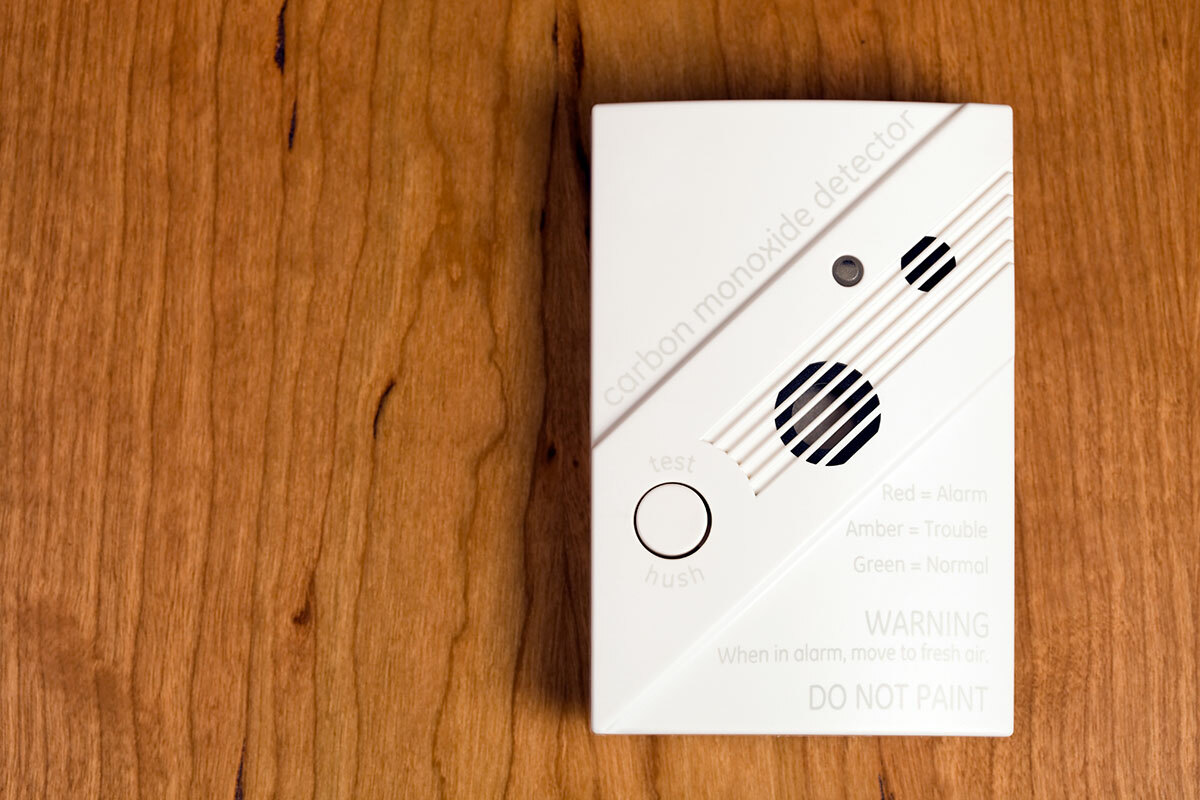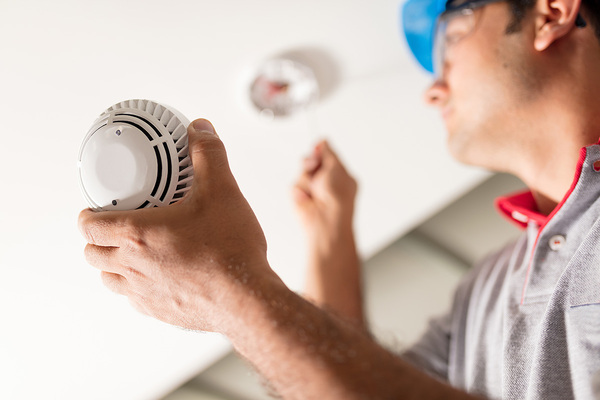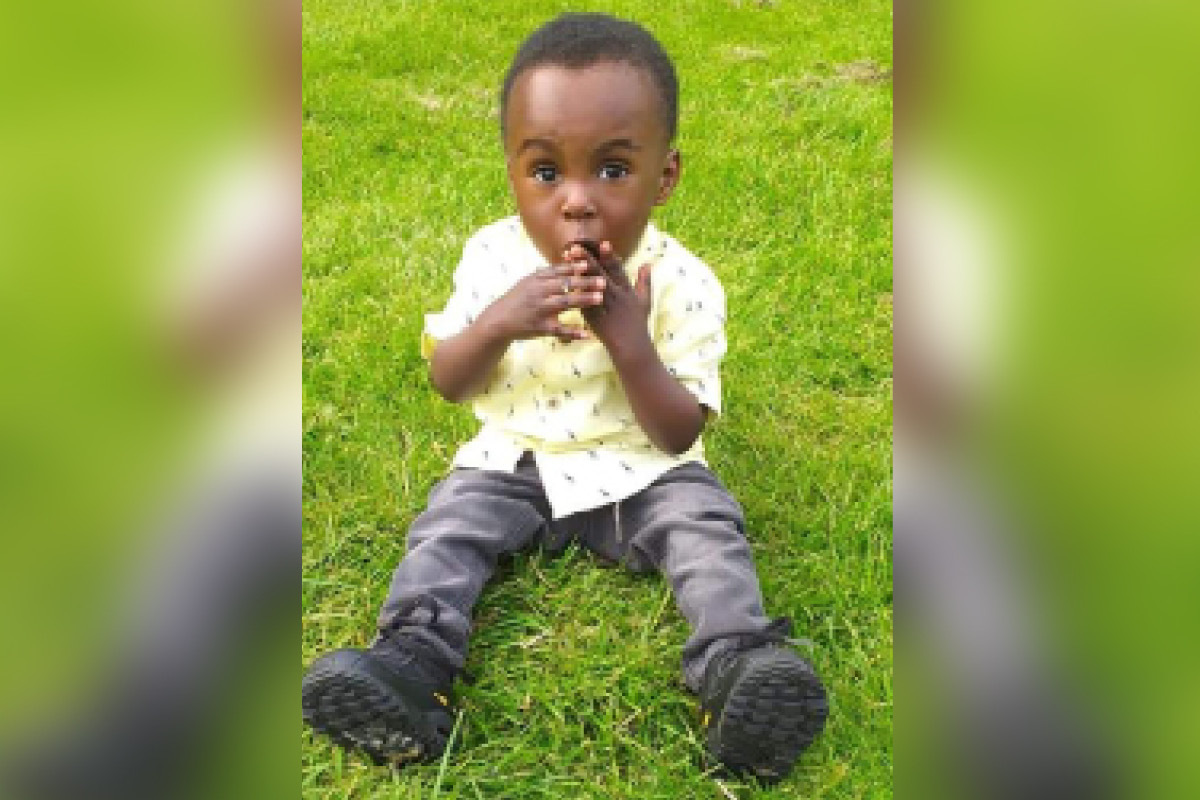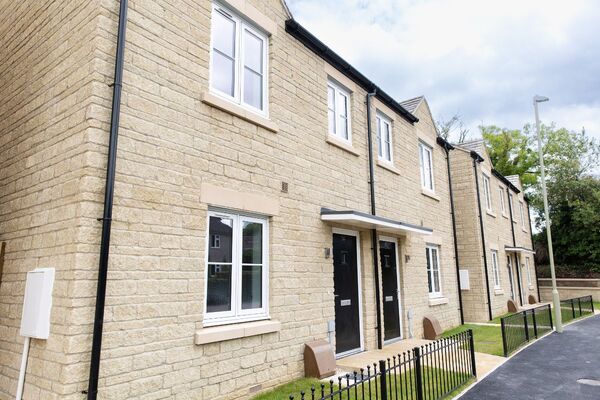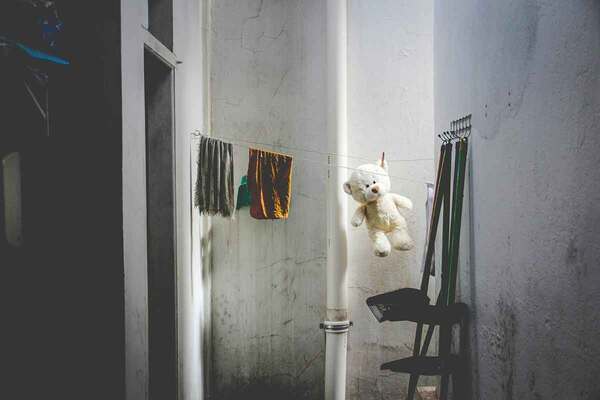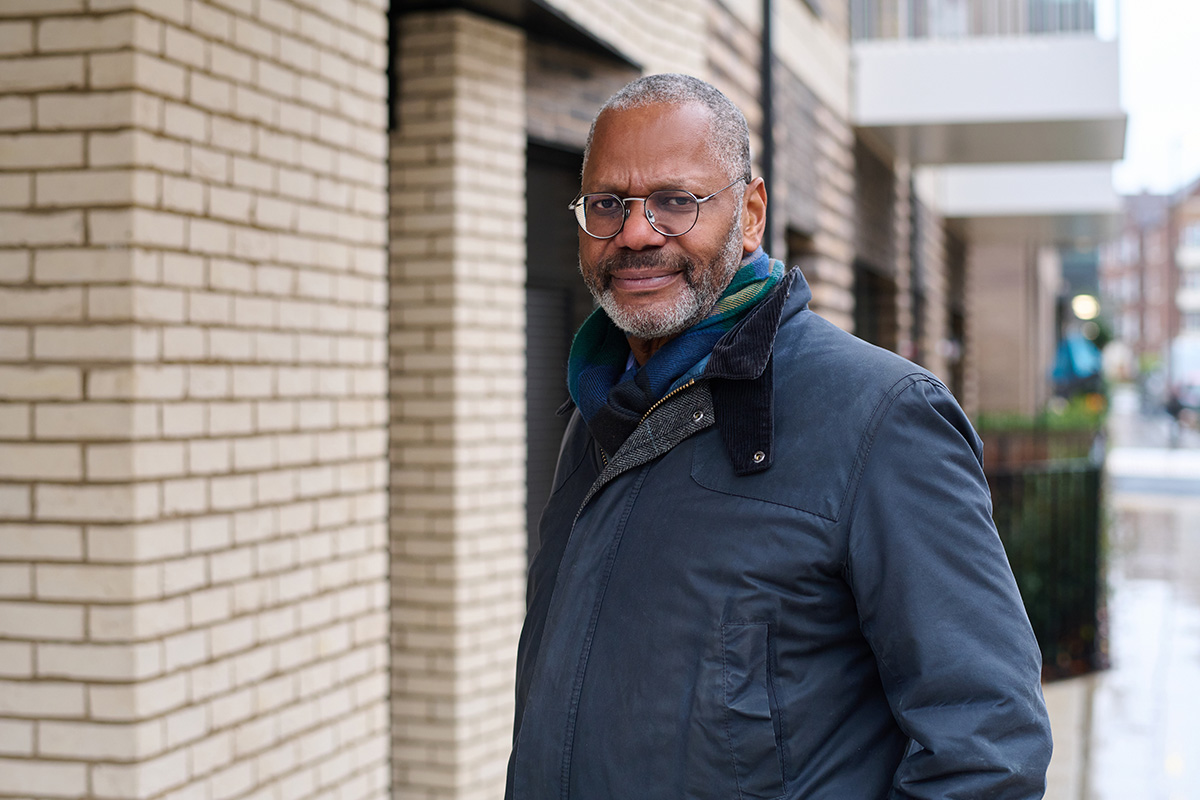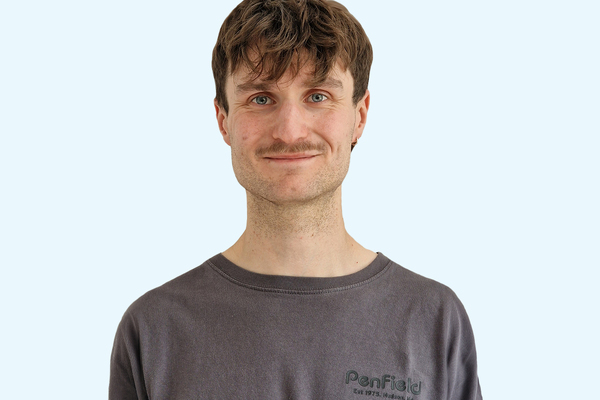You are viewing 1 of your 1 free articles
RBH took no action after coroner warned of risk of deaths over lack of carbon monoxide alarms
Rochdale Boroughwide Housing (RBH) did not take any immediate steps despite a coroner’s recommendation in 2018 that “action should be taken” to prevent deaths due to carbon monoxide detectors not being routinely installed in its homes, documents seen by Inside Housing have revealed.
Following an inquest into the death of an RBH tenant in 2018, whose suspected cause of death was a complication from diabetes and carbon monoxide poisoning, assistant coroner Catherine McKenna issued a ‘prevention of future deaths’ report to the social landlord, warning that “deaths will occur unless action is taken”.
Although the coroner eventually concluded that the tenant died of natural causes, she said what she had learned about RBH’s approach to carbon monoxide detectors led her to issue the prevention of future deaths report.
“The evidence that I heard during the course of the inquest was that carbon monoxide detectors are not routinely installed in homes rented by RBH,” she said in the report.
In the report, which was sent to the chief executive of RBH in November 2018, the coroner wrote: “In my opinion, there is a risk that future deaths will occur unless action is taken. In the circumstances it is my statutory duty to report to you.
“In my opinion, action should be taken to prevent future deaths and I believe each of you respectively have the power to take that action.”
However, in response, RBH said it would not be “prudent” to take any action ahead of potential new regulation being considered by the government.
At the time, the law only required private landlords to install carbon monoxide alarms in any room containing a solid fuel burning combustion appliance.
In 2018, the Social Housing Green Paper, which emerged following the Grenfell Tower disaster, recognised a disparity in protections between the private rented sector and social rented sector in respect of safety measures, including smoke and carbon monoxide alarm requirements.
Over 91% of respondents supported parity between the sectors.
The requirement was extended to the social housing sector in October 2022 – four years after the coroner issued the prevention of future deaths report – and amended to all rooms containing a fixed combustion appliance of any fuel type.
RBH’s response to the coroner in March 2019 referred to the fact that the legislation at the time only required private landlords to install carbon monoxide alarms.
It also referred to the government review into the rules.
RBH said: “The review is considering whether there should be a blanket requirement to install alarms for all methods of heating, including gas and oil appliances.
“Until the outcome of that review is known, it would not be prudent to consider a wholesale installation programme in the absence [of] the detailed requirements that such a recommendation would bring.”
It added that the landlord will “continue to monitor the outcome of the current review and any recommendation which follow will be considered for implementation”.
A spokesperson for RBH said the inquest in 2018 found that resident had died of natural causes.
They added: “We have a programme in place to ensure that we provide CO alarms in our homes to comply with the Smoke and Carbon Monoxide Alarm (Amendment) Regulations 2022.”
RBH was the landlord of two-year-old Awaab Ishak, whose recent inquest concluded he died from prolonged exposure to mould in one of the association’s properties.
There is no connection between the cases or suggestion that the failure to act on the coroner’s 2018 report had any impact on Awaab’s death.
Sign up for our regulation and legal newsletter
Already have an account? Click here to manage your newsletters
